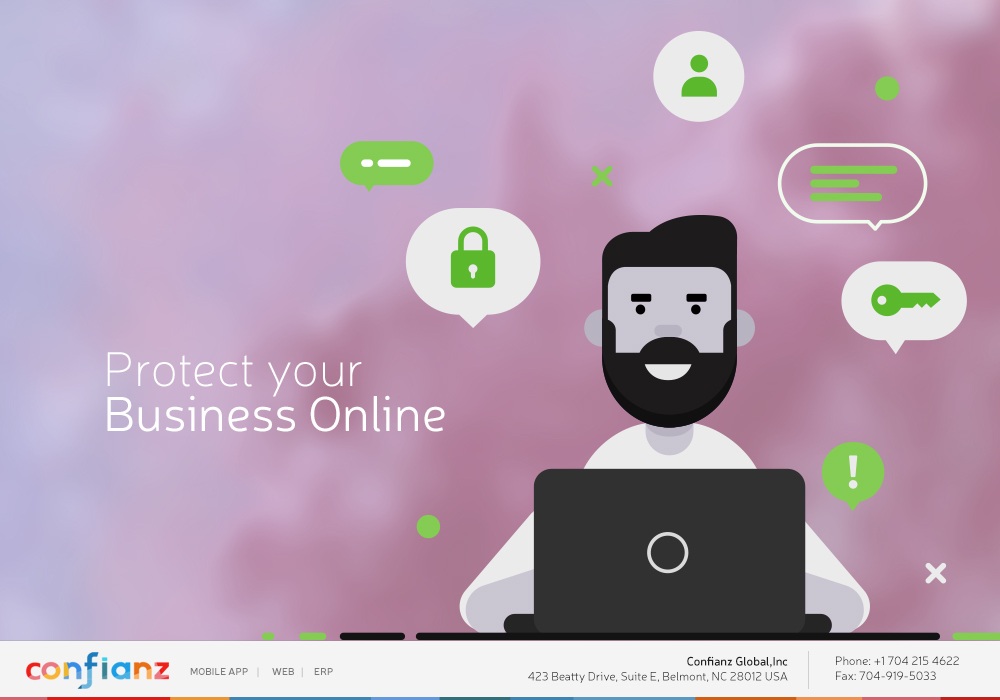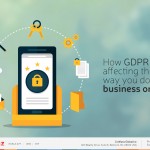Never assume that you or your business is immune to cyber risk. Despite discrepancies over which computer system is safer, in truth no one is immune from potential hackers or malware—PC, Mac and Linux included. Security breach repercussions vary in severity. In the best-case scenario you will be forced to spend extra time and money repairing your system; worst-case, you are open to identity theft and potential loss of personal information.
So protect yourself, your business, staff, and customers by following these 5 best practices:
- Keep operating systems and software up-to-date
Out-of-date systems are essentially plagued with issues and vulnerabilities to cyber attackers. Updates are designed to address any emerging threats. Also, apply any new security patches for your system, browsers and other software. In many cases your operating system may have an auto update option available to update itself when available.
- Make regular backups
Keep regular backups of all of your key systems and data.
- Firewalls are essential
Install a proper firewall on your network. A firewall is the first level of defense against a hacker trying to access your payment terminal. Firewalls protect your computer from malware and other commonly used methods of hacking. Firewalls have the ability to detect when a large amount of data is imported or exported from your network. If the activity is not authorized, the firewall will terminate the process.
- Separate your payment terminal network
Separating the network used for your payment terminal will decrease the likelihood of a successful cyber-attack. In most cases, employees are the gateway for hackers. Criminals who hack through email infestation often have the ability to access data from your network. If your payment terminal is on a separate network with only limited access, criminals have no way of accessing the information.
- Change your passwords often
Never let default usernames and passwords linger. This is another breeding ground for cyber criminals. To ensure maximum security, passwords should be changed at least once every 90 days. The longer a password stays untouched the more vulnerable it is to an attack.
Protecting your customers and employees should be your top priority. A security breach is often followed by the loss of your customers’ trust. The security of your business and customers is no light matter. Through these 5 simple steps you can create a strong foundation to protect your identity and data cooperatively.
Confianz Global Inc. DBA StackBench delivers fully integrated software services to meet the unique needs of individual startups, small, and medium-sized business. We develop custom mobile app for iOS and Android. Our services also include Web Development & Odoo ERP Implementation.







